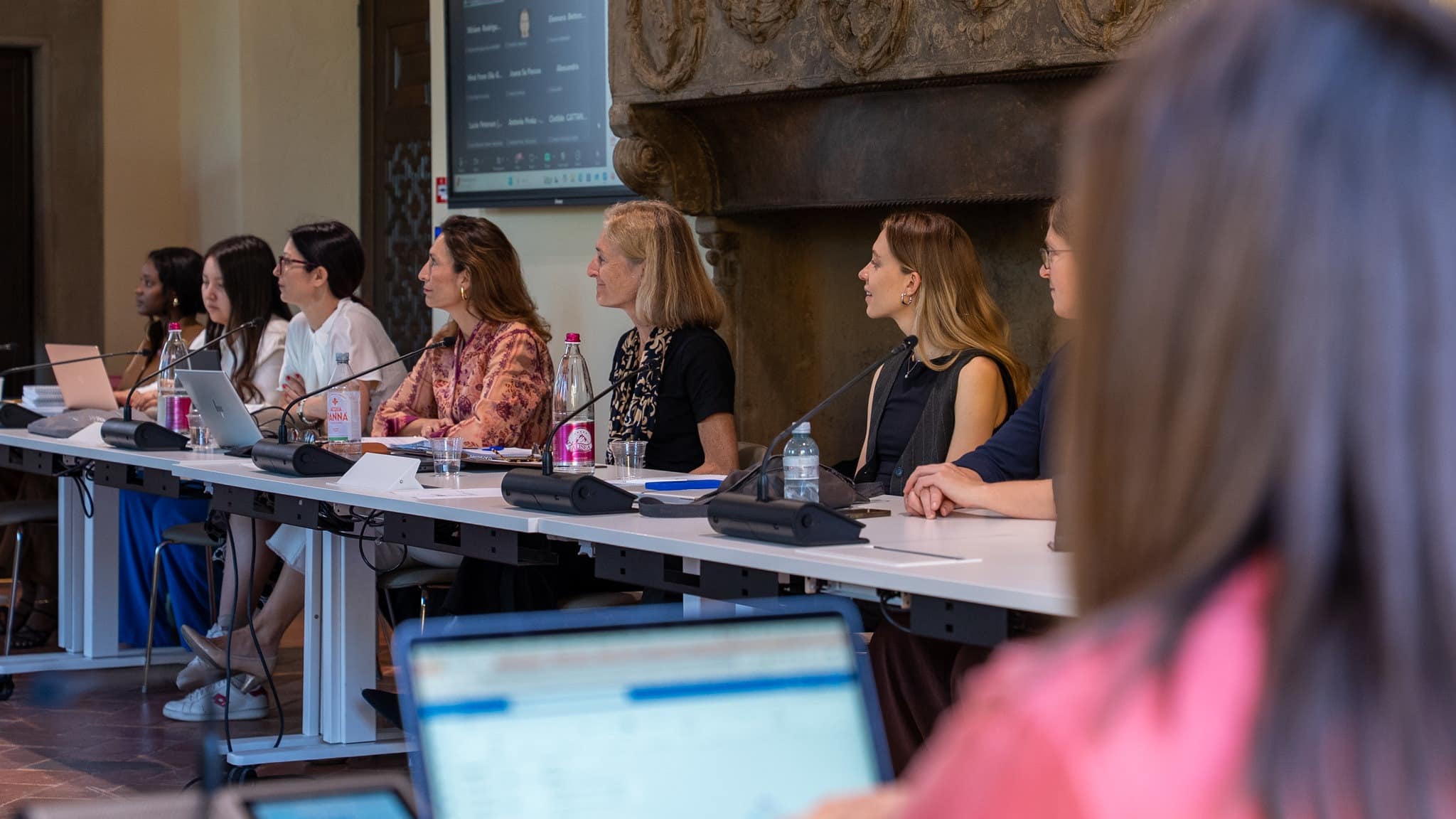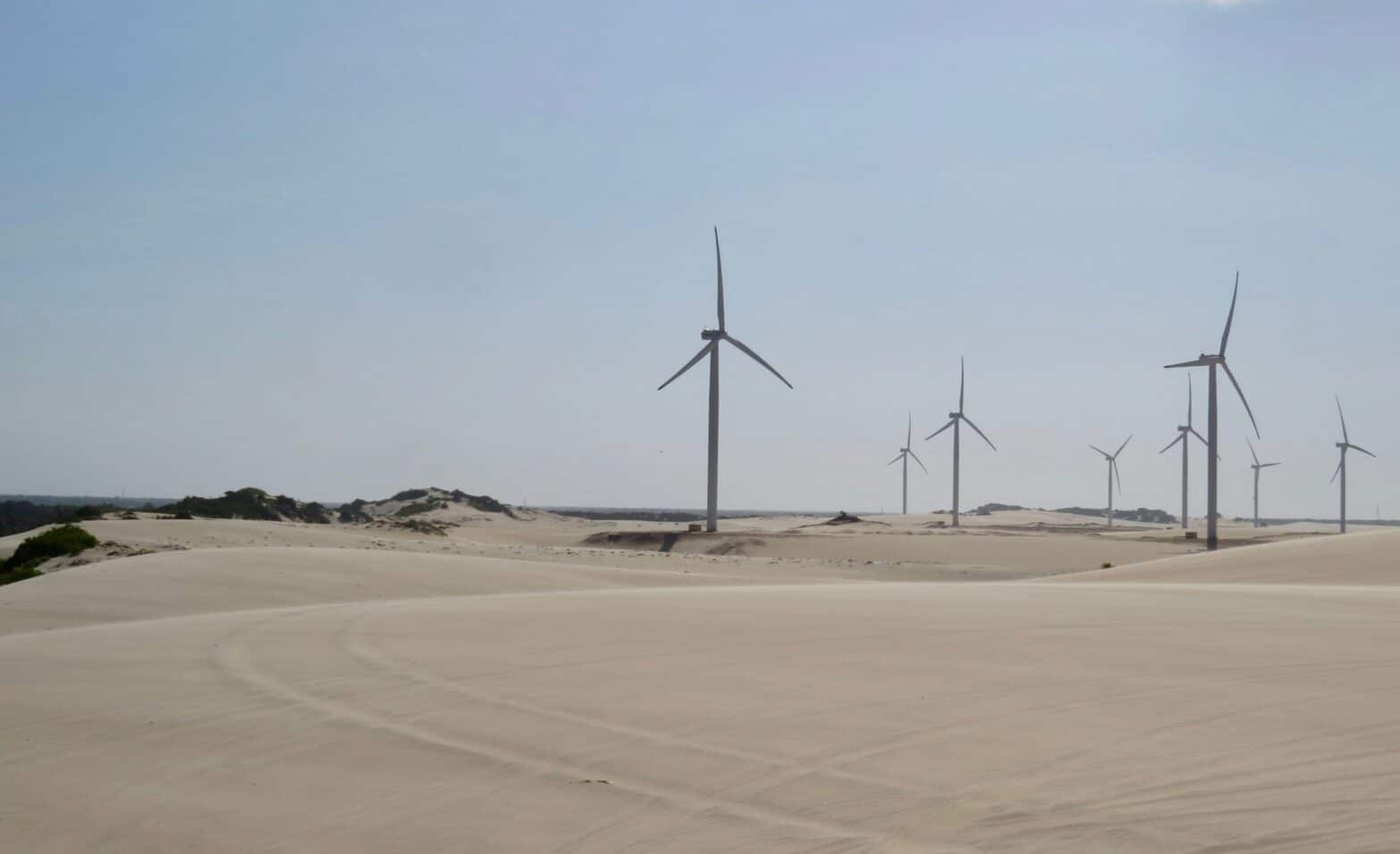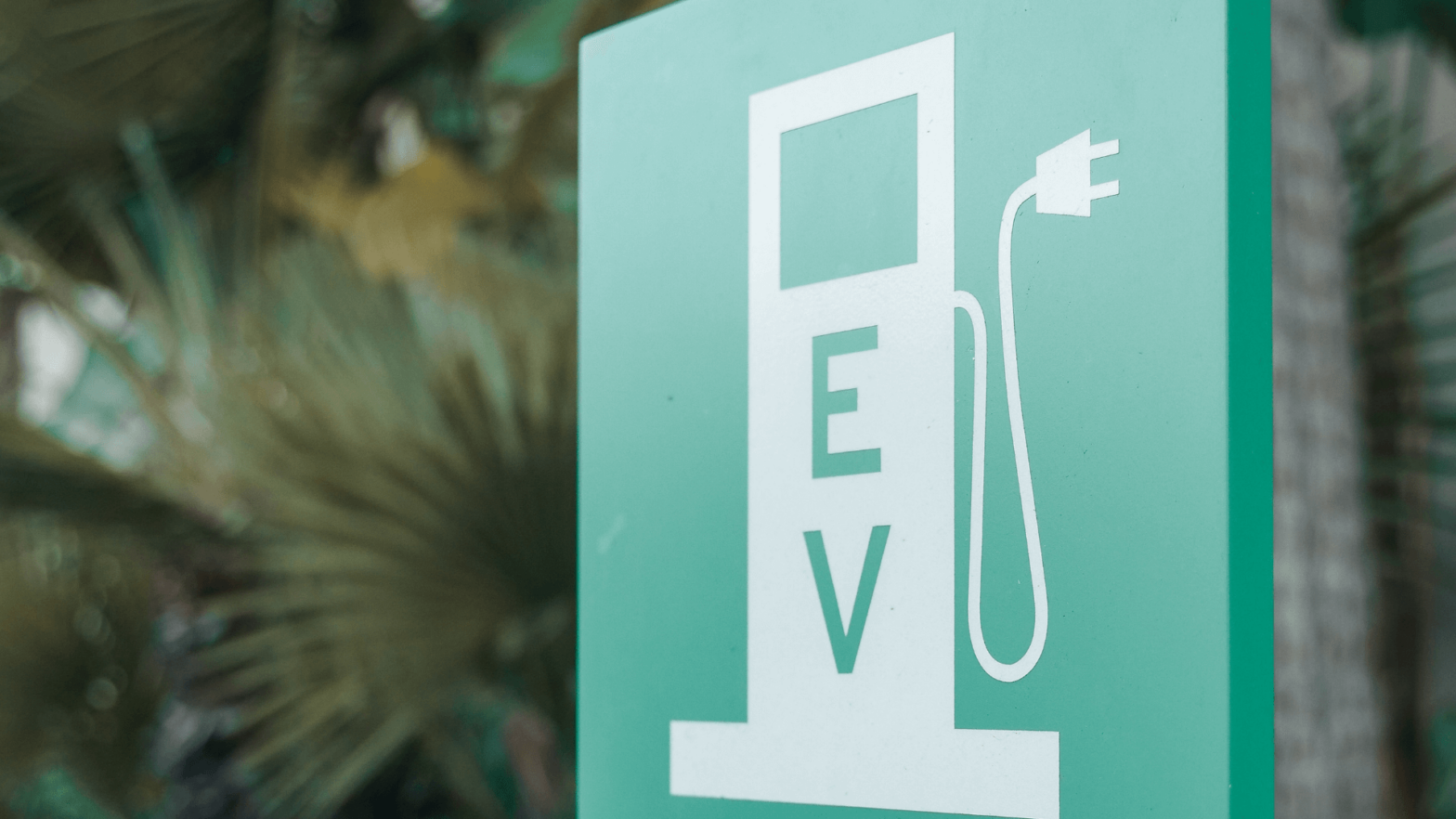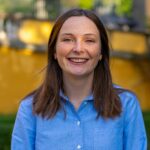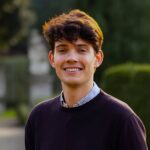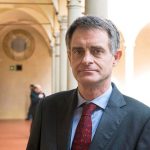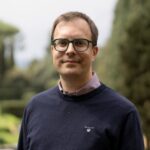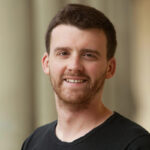Evolution of Electricity Markets in Europe: an online course success story
This is the third installment of the Topic of the Month: Back to School - Exploring FSR Training

The Evolution of Electricity Markets in Europe (EEME) is the name of an online course with more than 1200 alumni and the name of an open-access book that has been downloaded by many more professionals.
The project started in 2016 when ENTSO-E invited FSR to organize workshops in the slipstream of their regional conferences in Vilnius, Bratislava and Thessaloniki. The workshops were intended to improve the awareness around “network codes and guidelines”, more than thousand pages of technical text to guide the harmonization and integration of electricity markets in Europe. They were finally ready for implementation at national level, but only a limited number of experts close to the drafting process understood all the details. By October 2017, the interactive workshops evolved into the first edition of an online course called EU Electricity Network Codes, covering the codes and guidelines on system operation (SO GL), grid connection (DCC NC, RfG NC) and electricity markets (FCA GL, CACM GL, EB GL). The European Commission and ACER supported the course together with ENTSO-E.

About the EEME course
The course lasts eight weeks, of which the first five follow the same routine. At the start of the week, participants watch a few videos and take a quiz. Based on the quiz, they get reading suggestions based on what they already know or do not yet know. Next, they interact on a forum with the other participants by giving their view on controversial issues formulated as multiple-choice questions. Live classes at the end of the week are used to debrief the forum discussions, and to give the academic background to some of the most pressing issues. In the last three weeks of the course, there are also group assignments, and expert panels to debrief the assignments. Participants can be active or passive in the different activities, depending on the time they have, and they also get different certificates that reflect their level of activity.
The next big evolution for electricity markets was the Clean Energy Package. In spring 2018, we launched a separate online course to discuss that package, initially focusing on the Electricity Regulation 2019/943, Electricity Directive 2019/944, and Governance Regulation 2018/1999, and later on also integrating the other legislative texts.
In 2020, we merged the course on the EU Electricity Network Codes with the course on the EU Clean Energy Package.
The name of this merged course became the Evolution of Electricity Markets in Europe or EEME. The course texts were living documents that we improved every year with the feedback from participants, and they became some of the most downloaded documents in our institute. This then inspired us to publish a book with the same name in 2020. While the courses were always about the latest developments, the book goes further back in time and tells the story of how we got here.
By engaging in research projects, such as the Horizon project INTERRFACE, we were able to support a team that worked on the latest electricity market developments. The research helped to keep the courses up to date, and the course provided inspiration and professional contacts for the research. The courses also helped to spread our research ideas. In 2022, the energy crisis triggered a new electricity market reform process. We continued to cover these developments in our research and in our online course, but this time also engaged extensively as a think tank in the policy process. This involved many meetings with key decision makers of the European Institutions and stakeholders. See for instance our policy brief feeding into the European Commission public consultation, and our brief with an appraisal by their proposal. In other words, EEME is a case example of how we try to create synergies between our research, think tank, and executive education activities at the Florence School of Regulation. We believe that this combination allows us to fulfil our mission, which is to develop and spread ideas that can improve policy and regulation.
What is next?
The online course continues, and the team also continues to engage in relevant research projects, such as OneNet and EDDIE. By 2025, we intend to publish an updated version of the book. Another novelty is that we started PhD research via the Loyola Chair. We want to contribute to better regulation for electricity markets by modelling the impact of alternative options. Topics include the Europeanization and modernization of capacity mechanisms, the specific issues related to offshore electricity markets, and the integration of distributed energy resources and distribution grid constraints into electricity markets.
Don’t miss any update on this topic
Sign up for free and access the latest publications and insights



